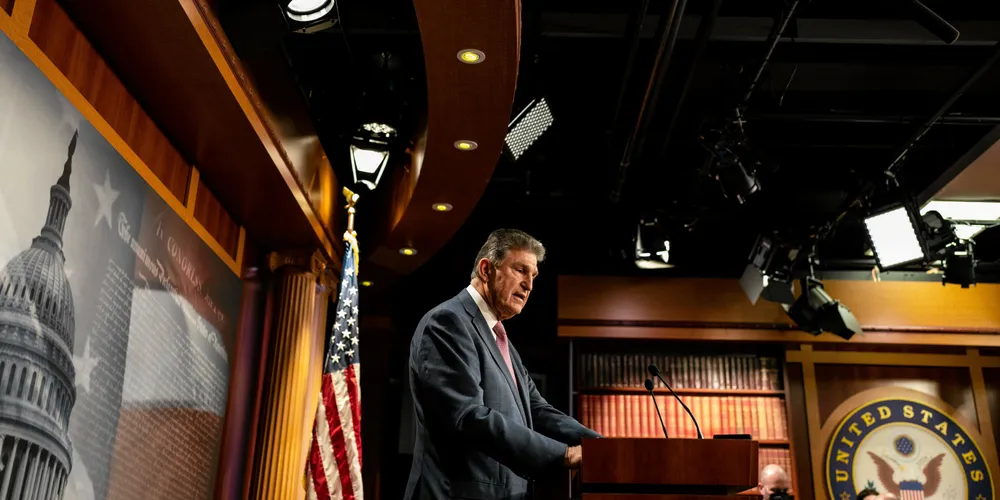Biden faces new climate headwinds as soaring inflation clouds Build Back Better plans
ANALYSIS | Runaway price increases cast new doubts over the President's ability to get his near-$2 trillion act through Congress, writes Richard Kessler

ANALYSIS | Runaway price increases cast new doubts over the President's ability to get his near-$2 trillion act through Congress, writes Richard Kessler
